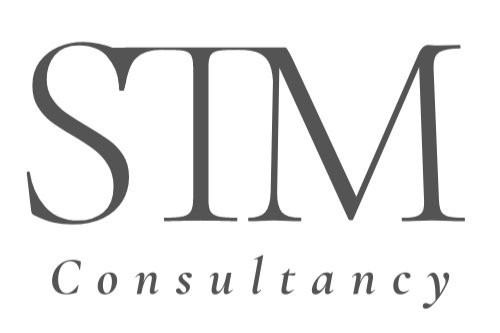ESG, Compliance & AML in UAE Investment Houses: Key Regulations & Best Practices
ESG, Compliance, and AML in UAE Investment Houses: A Strategic Guide
The UAE has emerged as a global financial hub, making it crucial for investment houses to stay ahead of evolving regulatory frameworks. Compliance teams and officers play a vital role in ensuring adherence to Environmental, Social, and Governance (ESG) principles, Anti-Money Laundering (AML) regulations, and other compliance requirements. This guide explores the key aspects of ESG integration, AML compliance, and regulatory frameworks in the UAE investment landscape.
1. The Growing Importance of ESG Compliance in the UAE
Environmental, Social, and Governance (ESG) compliance is becoming a fundamental component of investment strategies in the UAE. The Securities and Commodities Authority (SCA) has reinforced ESG integration, aligning with global sustainability efforts and the UAE’s Net Zero by 2050 initiative. Key ESG compliance elements include:
Sustainability Reporting: UAE financial institutions must enhance ESG disclosures per SCA guidelines and international frameworks like the Global Reporting Initiative (GRI) and Task Force on Climate-related Financial Disclosures (TCFD).
Green Investments: The UAE’s focus on sustainable finance encourages investment in green bonds, ESG-focused funds, and renewable energy projects.
Corporate Governance: Adherence to ESG governance standards helps mitigate reputational and financial risks while attracting global investors.
2. AML Compliance Framework for UAE Investment Houses
The UAE has taken significant steps to strengthen its AML framework, ensuring investment firms comply with international financial crime prevention standards. Compliance officers must be well-versed in the UAE’s AML regulatory environment, which includes:
Federal Decree-Law No. 20 of 2018: Governs anti-money laundering and counter-terrorist financing (CFT) measures in line with Financial Action Task Force (FATF) recommendations.
GoAML Platform: All investment firms must register with the UAE’s GoAML platform to report suspicious transactions to the UAE Financial Intelligence Unit (FIU).
Risk-Based Approach: Firms must conduct enhanced due diligence (EDD) for high-risk clients and jurisdictions while maintaining robust Know Your Customer (KYC) protocols.
Ultimate Beneficial Ownership (UBO) Compliance: Ensuring transparency in shareholding structures to prevent financial crime.
3. Key Regulatory Bodies and Compliance Expectations
Investment houses in the UAE must comply with regulatory requirements set forth by various authorities, including:
Securities and Commodities Authority (SCA): Regulates investment activities and mandates ESG disclosures.
Central Bank of the UAE (CBUAE): Supervises AML and financial crime compliance.
Dubai Financial Services Authority (DFSA) & Abu Dhabi Global Market (ADGM): Implement stringent AML and ESG regulations within their respective free zones.
Financial Action Task Force (FATF): UAE authorities work closely with FATF to strengthen AML compliance and financial transparency.
4. Best Practices for Ensuring ESG and AML Compliance
Investment houses can implement the following best practices to navigate compliance complexities effectively:
Regular ESG & AML Training: Ensure compliance teams stay updated on evolving regulations and risk management strategies.
Enhanced Due Diligence (EDD): Strengthen KYC measures, especially for politically exposed persons (PEPs) and high-net-worth individuals.
RegTech Integration: Leverage AI-driven compliance tools for real-time transaction monitoring and risk assessments.
Robust Internal Policies: Establish clear ESG and AML policies aligned with international standards.
Periodic Audits & Stress Testing: Conduct independent reviews to evaluate compliance effectiveness and identify vulnerabilities.
Conclusion
As the UAE cements its position as a global investment hub, regulatory compliance remains a top priority. Investment houses must proactively align with ESG and AML regulations to mitigate risks, enhance investor confidence, and contribute to a sustainable financial ecosystem. Compliance officers must stay ahead of regulatory changes, ensuring that their firms not only meet but exceed compliance expectations.

